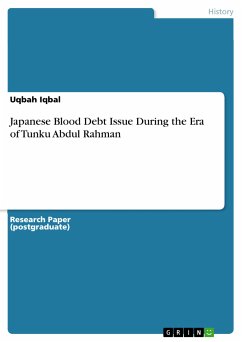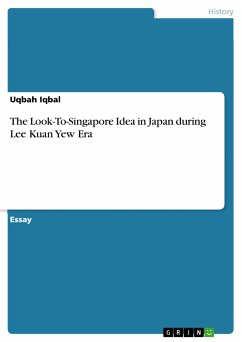Seminar paper from the year 2012 in the subject History - Asia, grade: 1, University of Alaska Fairbanks, course: HIST F434, language: English, abstract: (...) In theory, it was a decent compromise between a king and his subjects. But practice showed a much different picture. As much as Japan was acquainted to stratification of the people it is surprising that this did not reflect in its constitution: Nobody was responsible. The emperor was by default infallible, therefore could not be held responsible; in theory it was the government by countersignature, but in reality, nobody could be held there responsible either as nobody had any official authority. It would soon unravel into a convoluted political intrigue and even assassinations. Moreover, the constitution didn’t account for the most important factor of all concepts to regulate humanity: human character itself. But for now, the revolutionists of the Meiji restoration were able to master the balancing act between spiritual commitment and worldly necessity.








